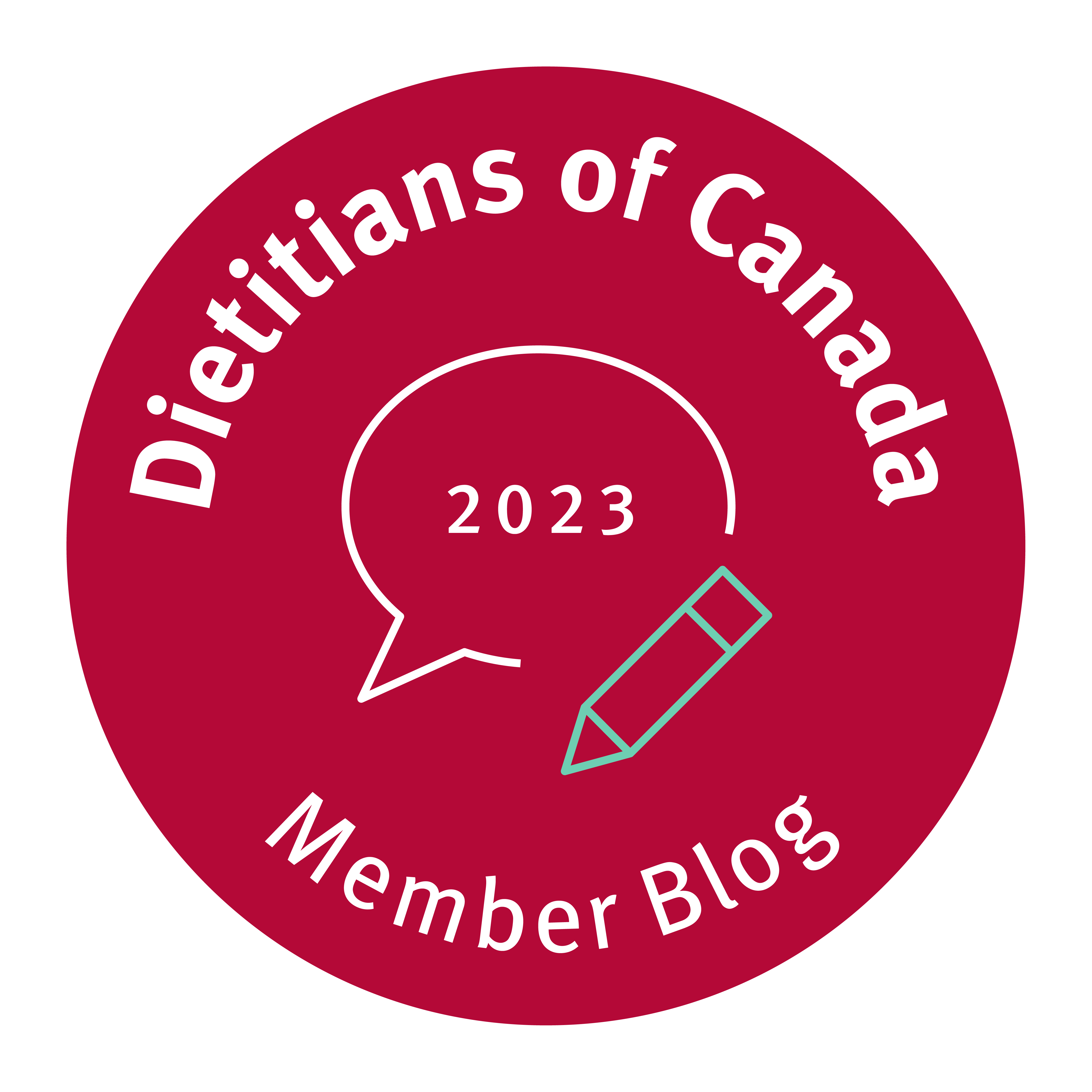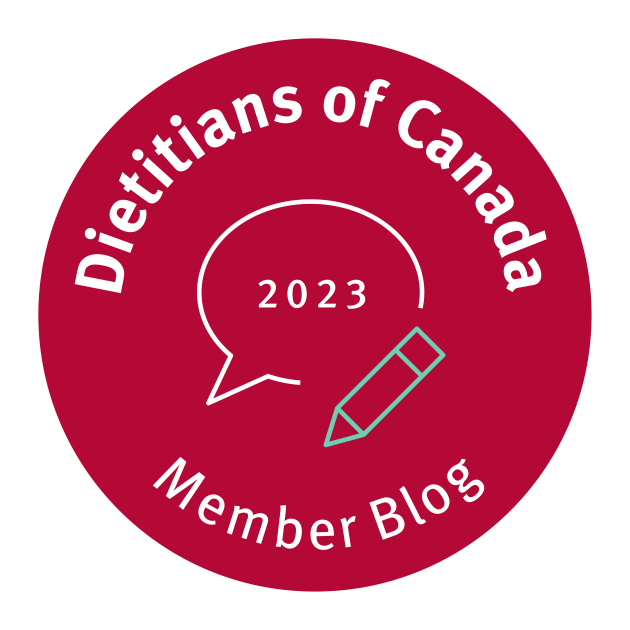“Rosie, could you please help me understand the issues regarding GMO. I find it difficult to find credible, non-partisan information. How do you answer the questions: are GMO foods nutritious and safe? I have another question- about this link. Do you want to tackle it for me? http://www.realfarmacy.com/plu-code-fruit/ Love your writings!!!!”, says Enlightened Eater Facebook fan, Leona Haley.
Firstly, Leona, thank you for your feedback! As for the issues surrounding GMO foods, they are indeed complex. They have elicited heated debates between both sides – those for and against the use of the technology. But it does seem that for personal health, these foods are safe for consumption. The Nation Academy of Sciences produced a very comprehensive report (584 pages!) called Genetically Engineered Crops: Experiences and Prospects which essentially concluded that these crops are indeed safe for human consumption.
As for their nutrition ratings, keep in mind that they would be as nutritious as their non-GMO counterparts. A junk food carrying “Contains no GMOs” on its label is still a junk food. In some cases, the claim is simply a way to healthwash a product.
But there are still questions about GMOs and both economic and environmental issues . For one, the use of genetic engineering or modification was supposed to increase crop yields in order to feed the growing global population. This hasn’t turned out to be the case. Crop yields have not changed dramatically. Farmers have also complained about the increased costs of GMO seeds and as a result, many are rejecting their use.
The environmental concerns deal with the use of insecticides and herbicides and their impact on the ecosystem. Some GMO crops have been developed specifically to be resistant to certain pesticides. So farmers can then grow these crops, use certain insecticides and know that they won’t kill their crops. But one question that continues to arise is whether the insects will become resistant to the various pesticides. In addition, there are questions and ongoing debates about the safety of one particular insecticide used on GMO crops- glyphosate. Some also blame glyphosate for diminished Monarch butterfly populations claiming that it is killing off milkweed, a dietary staple of the butterfly. Other scientists believe there is more to the issue and that a longer period of time is needed to evaluate the connection.
The good news about the entire issue is that there appears to be a new method of altering genes that is up and coming and may change the playing field. It’s called CRISPR and differs significantly from other GMO methods. Rather than introducing new genes from other sources into a plant, CRISPR is about editing the plant’s own genetic material. It was the insertion of foreign genes into foods that led to the term Frankenfood. The CRISPR technology may hold benefits for human health as well as scientists look to use it to deal with various genes such as those which may promote diseases such as cancer.
As for your question about the PLU code link, the provocative title, If You See THIS Label On the Fruit Do Not Buy It at Any Cost! was the first clue to me that the article’s contents may not have been accurate and indeed I was right (I always am- you can check with my husband!).
Firstly, while the PLU (price look up) code does do more than simply provide price information to cashiers as the article states, the numbers on the code do not provide any information on whether the produce has been genetically modified. According to the International Federation for Produce Standards (IFPS) which regulates PLUs, there are over 1,400 price look-up codes now in use around the globe.
The codes, which have been in use since 1990, are found mainly on fresh produce and bulk items, such as nuts and seeds, and allow for better inventory control for retailers. If the four or five digit number begins with a 9, then it means the item was grown using organic methods while a 0 is used for conventionally grown products.
As for the issues surrounding organic versus conventional farming, check out my thoughts on these two posts: New report says not to worry about pesticide residues. Should I believe it? and Organic or conventional – or is there more to the issue?





Leave a comment